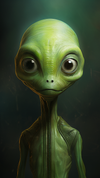What if Moya Had Never Escaped the Peacekeepers
Moya's escape from Peacekeeper control was chaotic and uncertain. Fire flashed through the stars, lives hung in the balance, and for a breathless moment, the universe tilted.
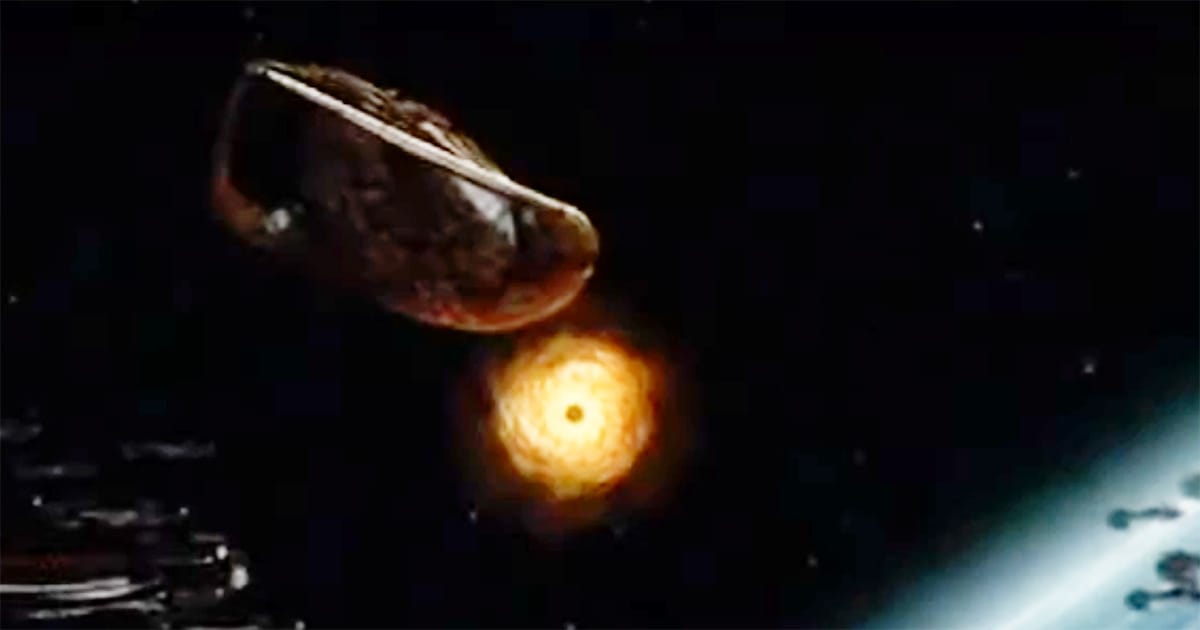
A Crack in the Uncharted Territories
When Commander John Crichton launched aboard the experimental Farscape module, he expected a brief suborbital flight. Instead, he found himself flung across the galaxy through a wormhole, deposited in the middle of a prison break aboard a living ship named Moya. Within minutes, Crichton was tangled in a conflict between escaped convicts, a sentient vessel, and the militarized bureaucracy of the Peacekeepers. It was the kind of moment that defines a new era.
Moya's escape from Peacekeeper control was chaotic and uncertain. Fire flashed through the stars, lives hung in the balance, and for a breathless moment, the universe tilted. Viewers of "Farscape" know how that moment unfolded. But the scene teetered on a knife's edge. What if things had gone the other way? What if the Peacekeepers had sealed the hangar doors in time, reclaimed their property, and crushed the rebellion before it ever began?
What Might Have Been Lost
In this alternate telling of "Farscape," the escape fails. The Peacekeepers act swiftly, overwhelming Moya before she clears the control collar. The hangar doors remain shut, the sentient ship is subdued, and her would-be fugitives are thrown back into custody or worse. The rebellion dies in its cradle.
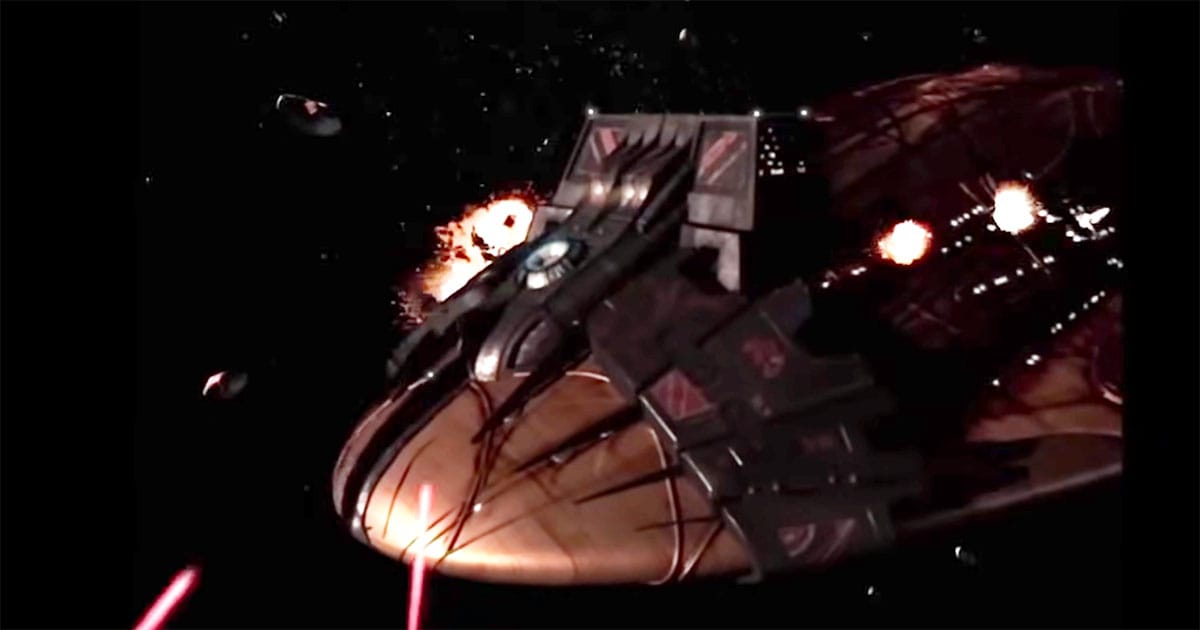
John Crichton, still dazed from his interstellar detour, becomes a subject of immediate interest. Stripped of his autonomy and isolated from allies, he is handed over to Peacekeeper scientists who begin peeling back his mind in search of the secrets behind wormhole travel. Without allies, without protection, Crichton is reduced to a puzzle—his humanity buried beneath layers of forced compliance and experimentation.
Aeryn Sun, already marked by suspicion for her moment of hesitation during the escape, finds no path to redemption. She is either reassigned to a punishment detail or executed for contamination. Her journey toward independent thought and moral clarity is extinguished before it ever begins.
Zhaan, D'Argo, and Rygel, each already sentenced for crimes real or fabricated, vanish into the prison system. There are no further chances, no shared meals, no trust built under duress. They remain broken pieces scattered in a system designed to crush dissent.
What is lost in this moment is not only a handful of lives or a ship's freedom. What vanishes is the possibility of something greater—a convergence of broken souls who, together, might have changed the course of the galaxy.
The Peacekeeper Stranglehold
Without Moya's escape, the galaxy grows quieter. The Peacekeepers do not merely reclaim a stolen Leviathan. They send a message. There will be no sanctuary, no outpost for those who challenge the chain of command. The recapture of Moya confirms their control and silences a story that could have inspired rebellion.
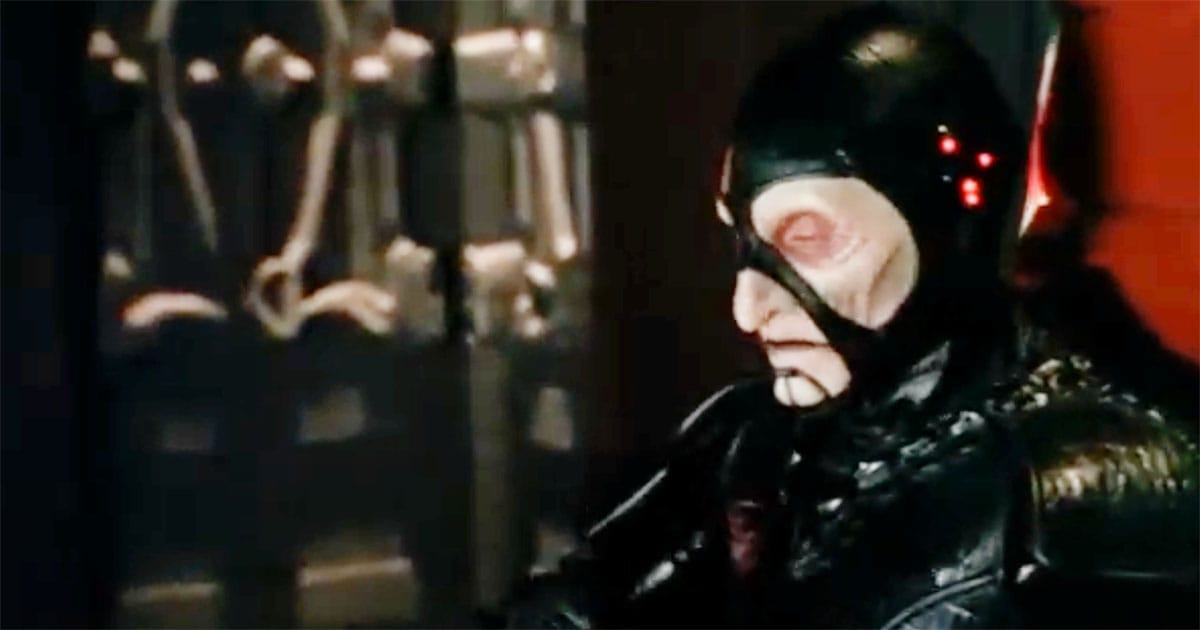
A living ship bonded with a free Pilot had the potential to become a symbol of resistance. In the real timeline, Moya's travels brought the Uncharted Territories into contact with a crew that defied law, convention, and fear. They disrupted schemes, undermined authorities, and spread a subversive idea—that unity could exist outside coercion. All of that is lost.
With John Crichton broken and wormhole knowledge extracted, the Peacekeepers begin to apply that technology with ruthless precision. There are no debates about ethics or restraint. There is no one to challenge the militarization of space-time. Wormholes become weapons, not mysteries.
The Scarrans, denied a glimpse into Crichton's mind, never gain a foothold in wormhole science. The balance of power shifts. The Peacekeepers press their advantage with growing confidence. Borders harden, diplomacy thins, and war accelerates.
What should have been a spark becomes a smothered ember. Without Moya roaming the stars, no alternate voice reaches the forgotten corners of the galaxy. The Peacekeepers do not just win a battle. They write the narrative alone, unopposed, their grip unchecked.
The Family That Never Forms
The brilliance of "Farscape" was never just in its starbursts or strange species. It was in the fragile, unlikely family that formed aboard Moya. Strangers became allies, enemies became brothers, and love emerged where none was expected. In the darker path where Moya is recaptured, none of that ever happens.
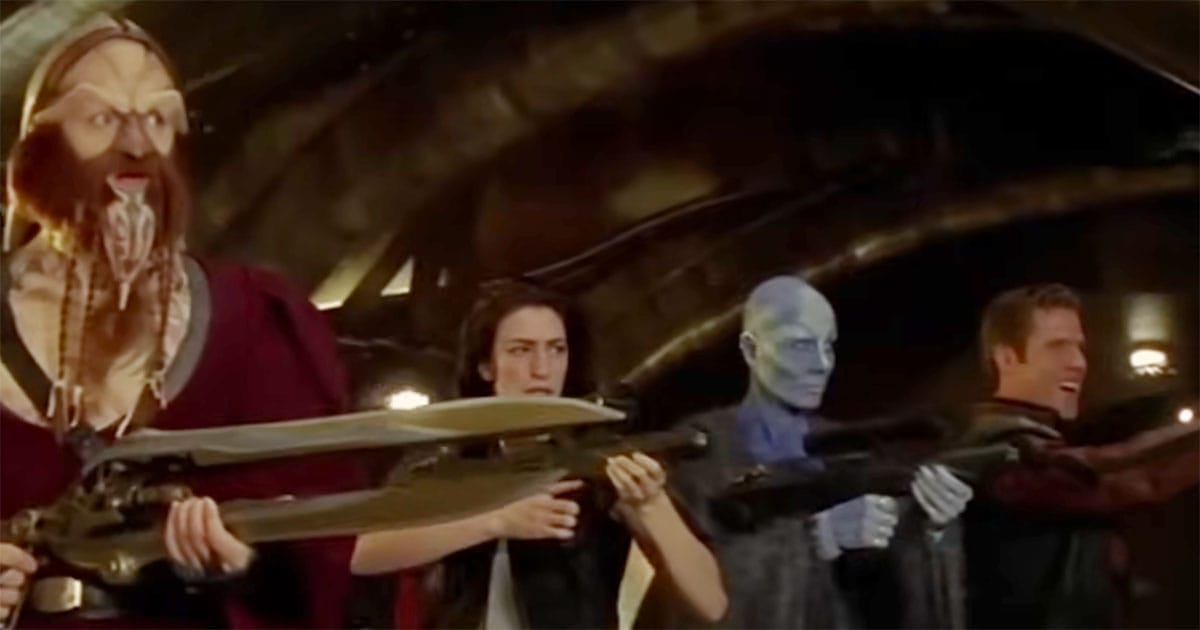
John Crichton and Aeryn Sun, adversaries at first meeting, were meant to change one another. Their bond, forged under pressure and time, became the emotional spine of the series. Without that journey, Aeryn never learns to question orders and never discovers her own voice. Crichton, deprived of love and connection, becomes a hollow man—defined by captivity, not courage.
Zhaan remains a prisoner, her path toward spiritual redemption erased. Her wisdom, her pain, and her growth are locked away. D'Argo never finds peace. His search for his son is forgotten. Rygel remains a caricature, not a companion. Even Pilot and Moya, whose relationship with the crew grows from servitude to shared destiny, remain shackled.
The conflicts, the reconciliations, the laughs, and the losses that made "Farscape" deeply human are absent. There is no feast of stale crackers. No dance on a dying world. No joy stolen from the jaws of chaos.
Without that family, the story becomes colder. The Uncharted Territories lose their soul. The great battles still rage, but the viewer no longer cares who wins. The journey was never about power. It was about people who chose to stay, to forgive, and to hope. Now, they are never given the chance.
Freedom Lost in a Sealed Hangar Bay
Science fiction often turns on small pivots. A choice made, a door left open, a moment seized. In the world of "Farscape," Moya's escape is that moment. When it succeeds, it sets into motion a story of growth, defiance, and unlikely kinship. But had it failed, the consequences would have been profound.
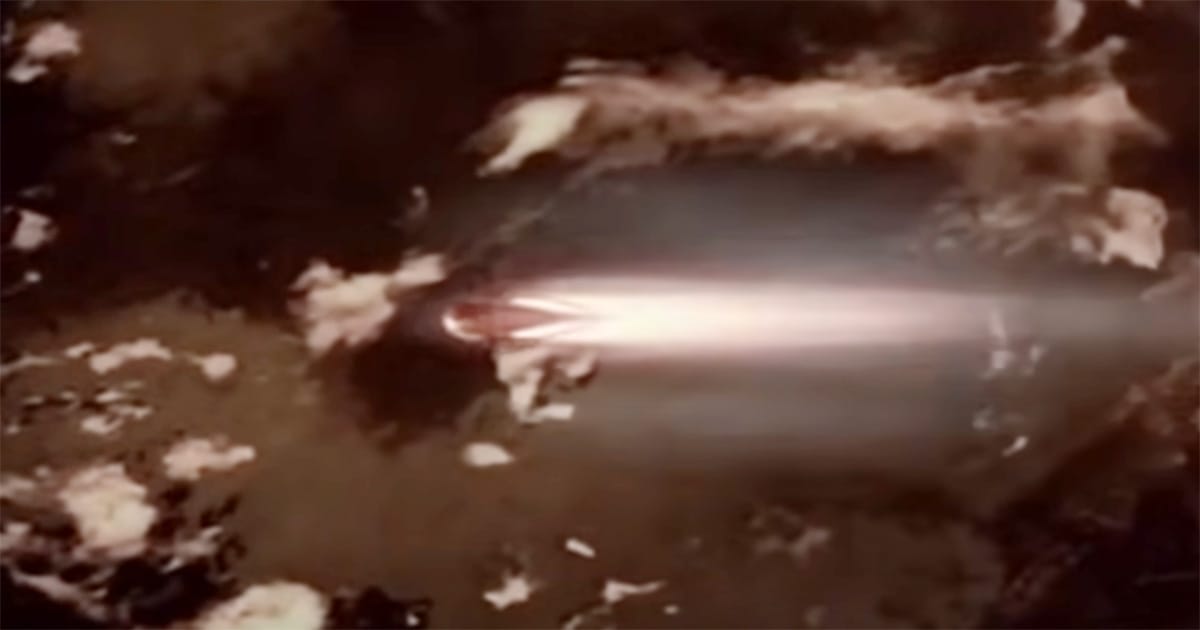
The Uncharted Territories would have remained under tighter control. Wormholes would become tools of domination, not discovery. And most of all, the family that gave the series its heart would never have formed.
"Farscape" reminded its audience that freedom must be earned and re-earned. The bonds we form, the principles we defend, and the chances we take define us. In a sealed hangar bay, with alarms blaring and orders barked, that truth could have been extinguished before it ever took flight.
In fiction, as in life, the future belongs to those who break free.

